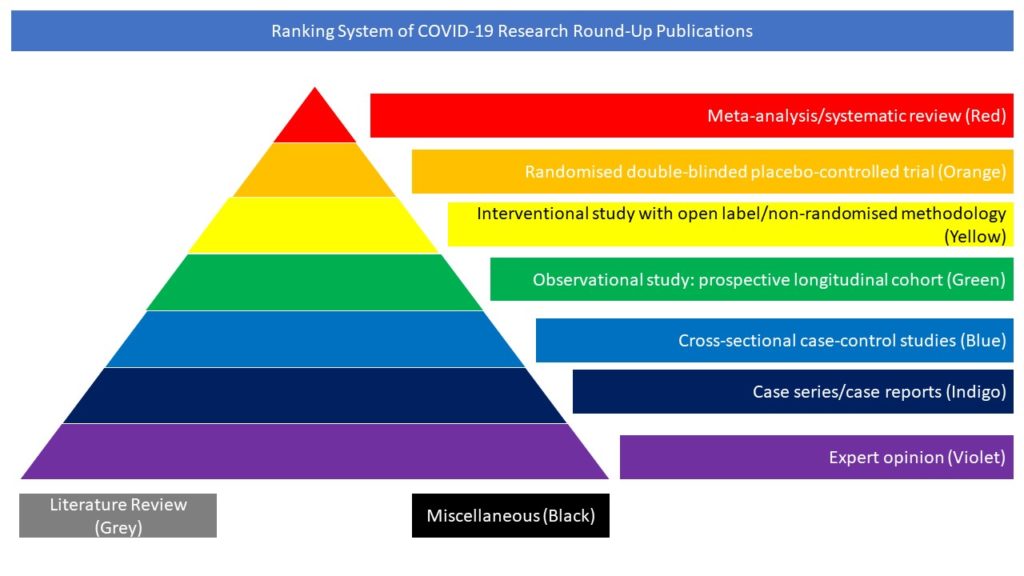Case series/case reports (Indigo)
Read on for our highlighted selection of Covid-related case series or case reports from the scientific press for Febuary 2023:
- Brain correlates of subjective cognitive complaints in COVID-19 survivors: A multimodal magnetic resonance imaging study
- Quality of life and mental health in multiple sclerosis patients during the COVID-19 Pandemic
Brain correlates of subjective cognitive complaints in COVID-19 survivors: A multimodal magnetic resonance imaging study
Cognitive impairment represents a leading residual symptom of COVID-19 infection, which lasts for months after the virus clearance. Up-to-date scientific reports documented a wide spectrum of brain changes in COVID-19 survivors following the illness’s resolution, mainly related to neurological and neuropsychiatric consequences. Preliminary insights suggest abnormal brain metabolism, microstructure, and functionality as neural under-layer of post-acute cognitive dysfunction. While previous works focused on brain correlates of impaired cognition as objectively assessed, in this article the authors investigated long-term neural correlates of subjective cognitive decline in a sample of 58 COVID-19 survivors with a multimodal imaging approach. Diffusion Tensor Imaging (DTI) analyses revealed widespread white matter disruption in the sub-group of cognitive complainers compared to the non-complainer one, as indexed by increased axial, radial, and mean diffusivity in several commissural, projection and associative fibres. Likewise, the Multivoxel Pattern Connectivity analysis (MVPA) revealed highly discriminant patterns of functional connectivity in resting-state among the two groups in the right frontal pole and in the middle temporal gyrus, suggestive of inefficient dynamic modulation of frontal brain activity and possible metacognitive dysfunction at rest. The authors underlying that, beyond COVID-19 actual pathophysiological brain processes, their findings point toward brain connectome disruption conceivably translating into clinical post-COVID cognitive symptomatology.
Paolini M, Palladini M, Mazza MG, Colombo F, Vai B, Rovere-Querini P, Falini A, Poletti S, Benedetti F. Brain correlates of subjective cognitive complaints in COVID-19 survivors: A multimodal magnetic resonance imaging study. Eur Neuropsychopharmacol. 2022 Dec 12;68:1-10. doi: 10.1016/j.euroneuro.2022.12.002.
Quality of life and mental health in multiple sclerosis patients during the COVID-19 Pandemic
The COVID-19 pandemic had a profound impact on mental health symptoms and quality of life (QoL) in the general population due to necessary public health restrictions such as social distancing. The psychosocial effect of the pandemic on vulnerable groups such as people living with Multiple Sclerosis (PwMS) has been scarcely explored in countries with additional socioeconomical burdens such as access to healthcare disparities. In this study, a questionnaire exploring sociodemographic variables, quality of life, mental health determinants and sleep quality was applied to 92 PwMS to explore changes prior and during the pandemic regarding these domains. 58.8% of the subjects were female, median age was 37.1 (± 8.5) years and relapsing-remitting MS was the predominant clinical subtype (83.5%). Unemployment rate significantly increased during the pandemic (12.3% vs 27.8%; p= 0.001). Only 46.4% received medical follow-up care during the pandemic. QoL was affected predominantly due to limitations in instrumented activities of daily life (IADL). Neuropsychiatric symptoms, requiring healthcare during the pandemic, anxiety prior to the pandemic and restricted IADL were predictors of MS-related physical impact worsening, while decreased physical/emotional wellbeing selfcare, neuropsychiatric symptoms, bad sleep quality, anxiety prior to the pandemic and restricted non-instrumental ADL predicted aggravation of MS-related psychological impact measured by the MSIS-29. Curiously, specific items regarding anxiety were more prevalent prior to the pandemic (anxious mood; p=0.02, helplessness; p=0.01), sleep problems; p=0.001 and cardiovascular symptoms; p=0.001, nevertheless, stability was observed for most items. Importantly, 77.3% of PwMS reported at least one neuropsychiatric symptom The authors concluded that the deleterious effects of the COVID-19 pandemic on psychosocial wellbeing in PwMS, QoL and mental health outcomes are frequently overseen in vulnerable populations such as PwMS. They also underlying that, albeit the limitations of this study, their results may help implement policies that prevent negative outcomes on psychosocial wellbeing due to public health measures (e.g., social distancing) in MS and other neurological diseases that inexorably need constant follow-up.
Rodríguez-Agudelo Y, Nava-Adán J, Paz-Rodríguez F, Abundes-Corona A, Flores-Rivera J, Corona T. Quality of life and mental health in multiple sclerosis patients during the COVID-19 Pandemic. Mult Scler Relat Disord. 2022 Dec 24;70:104487. doi: 10.1016/j.msard.2022.104487.














